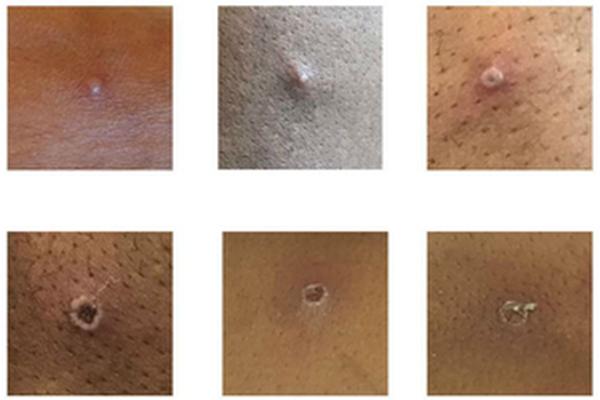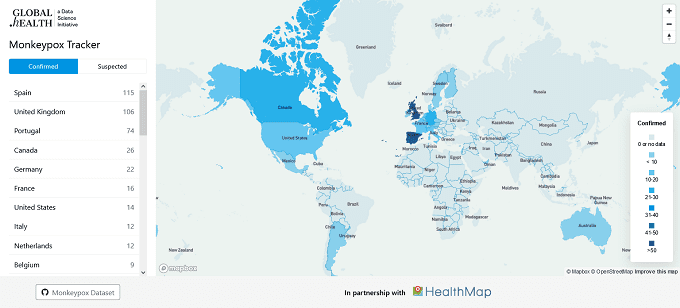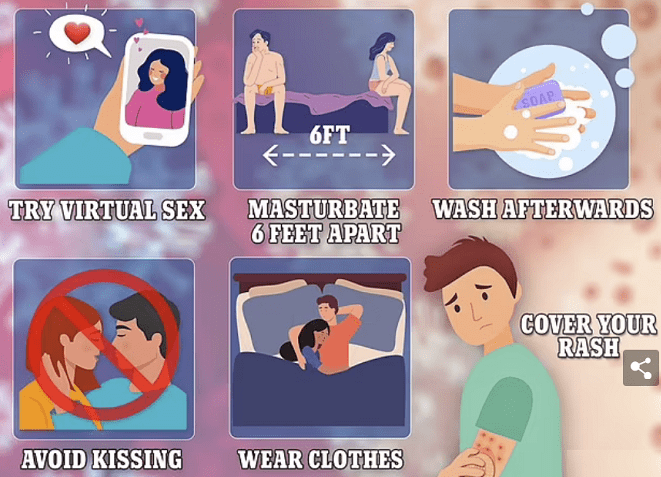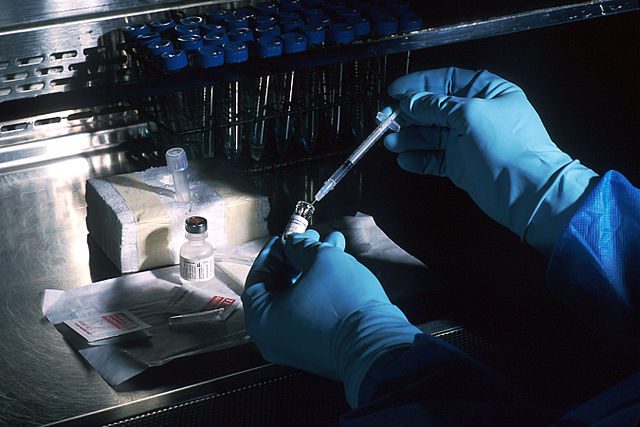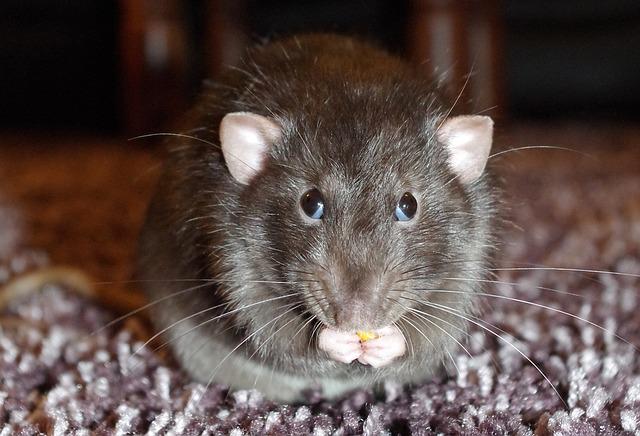
UK: Monkeypox cannot be eradicated by vaccination alone due to animal reservoirs
“Monkeypox has a wide range of hosts, which has allowed it to maintain a reservoir… it therefore cannot be eradicated by human vaccination alone.”
Monkeypox has a wide range of hosts, which has allowed it to maintain a reservoir in wild animals while sporadically causing human disease. It therefore cannot be eradicated by human vaccination alone, although it may be possible to be controlled by targeted vaccination of humans (using a smallpox vaccine, which is approved for use against MPX) and culling animal reservoirs in certain circumstances.
The probability of infection would be considered moderate to high for individuals interacting with infected pets (notably rodents) and their contaminated environments.
Based on current evidence, for pet rodents in households where there are infected people, temporary removal from the household for a limited quarantine period (21 days) and testing to exclude infection is recommended, particularly where there are infected human contacts who have had close direct and prolonged contact with the animal or its bedding and/or litter.
Some evidence from previous outbreaks of animal-to-animal transmission or rodent-to-human transmission.
Recommendations:
Remove rodent pets from a household to secure accommodation, isolate for Category 3 pathogen, maintain for 21 days and test negative (PCR) for release.
Maintain other mammalian pets under household isolation with regular vet checks to ensure no clinical signs are observed.
UKHSA: Qualitative assessment of the risk to the UK human population of monkeypox infection in a canine, feline, mustelid, lagomorph or rodent UK pet
UK: Monkeypox classified as an airborne high consequence infectious disease
Image by Derek Sewell from Pixabay

